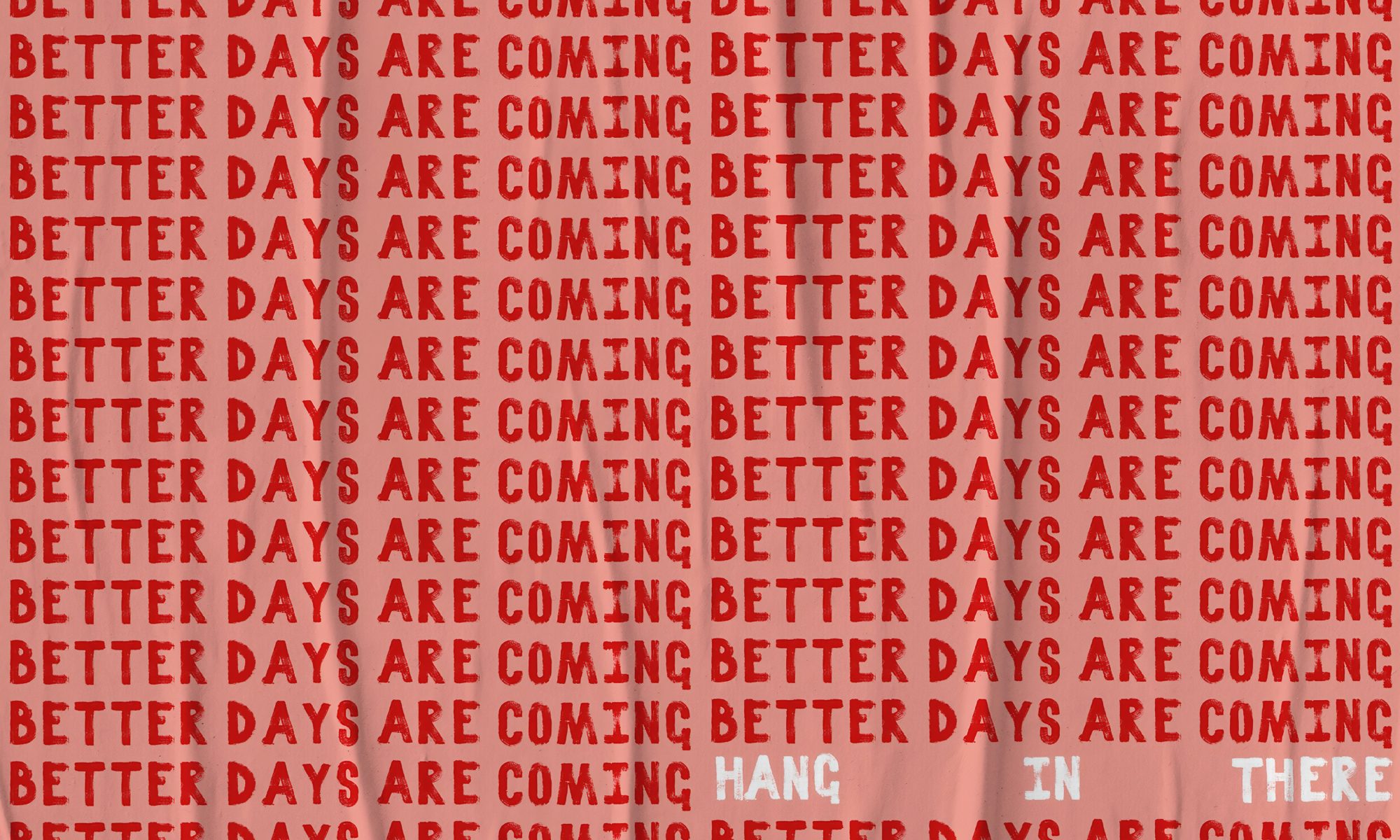You’re definitely not alone if you feel crushed, demoralised and emotionally emptied out by the multiple whammies of pandemic, recession, war and climate emergency – plus of course your concerns for your own life and loved ones. We’re all doing our best to hang on in there and get through it.
But how to ‘hang in there’ and ‘get though it’ when our physical and mental resources are already stretched to their limits by the last couple of years of uncertainty, fear and worry? Five element acupuncture in the 21st century draws on the deep experience of centuries of understanding of the body and mind. Here are five ways the five element traditions of healing can help you find the strength and resilience you need in the here and now.
1: Five element acupuncture is all about you.
Some of my patients don’t want to talk beyond the bare minimum. Others need to talk everything out to reach an understanding in their own minds of what’s going on. Patient after patient tells me that they see me and my treatment room a safe place to describe what they’re going through, to ‘vent’ and express their frustration.
“It’s a huge strain keeping up a brave face,” one patient said recently, “with you, I can tell it like it is.” Tears are not unusual.
The good news is that acupuncture is about you and where you are right now. As an acupuncturist, I have the time to listen as well as the skills and knowledge that will support you to be and do your best through tough times.
2: Acupuncture is a natural pain killer for physical aches and pains, from headaches to osteoarthritis.
The mechanisms underlying acupuncture as effective pain relief have been researched in detail for more than 60 years. Researchers know that acupuncture activates the body’s own pain-killing compounds and increases the brain’s sensitivity to these naturally produced analgesics.
3. Acupuncture encourages the release of endorphins – the body’s own feel good chemicals.
Endorphins play a key part in regulating our body’s physical response to stress – heart rate, blood pressure and our digestive system.
4. Acupuncture activates neurotransmitters encouraging rest and healing
When we’re stressed and anxious, the area of the brain called the hypothalamus releases neurochemicals that encourage our ‘fight, flight or freeze’ response. Research shows that acupuncture can quiet down this alarm system. But acupuncture delivers more. As well as switching off fight, flight and freeze, it switches on the parasympathetic nervous system – telling our bodies it’s ok to rest and to relax, which is where we need to be for the body’s healing and restorative processes to get underway.
5: Sleep. Let’s not forget sleep! Most trials have found that acupuncture is significantly more effective at helping patients with difficulty sleeping than existing conventional drugs – without their level of side effects.
However, if you’re already taking sleeping tablets, research shows that acupuncture can safely be combined with conventional treatments for insomnia. Researchers have also found that acupuncture reduces side effects and enhances the beneficial effects of conventional sleep medications your GP may prescribe.
For more detail on the research mentioned in this article and to find out more about how researchers assess the impact and mechanisms of acupuncture, visit the Evidence A-Z pages on the website of my professional body, the British Acupuncture
The British Acupuncture Council https://www.acupuncture.org.uk
Evidence Based Acupuncture https://www.evidencebasedacupuncture.org
Take the first steps to building your resilience in these tough times.
To find out more about how acupuncture can support your physical health and mental well being, all you have to do is get in touch to arrange your free short consultation.
Online or by phone, and with no obligation at all, you can ask questions about any aspect of treatment, from what to wear to your sessions to the evidence-base of cutting edge research showing how acupuncture may help you cope better with specific complaints and conditions.

